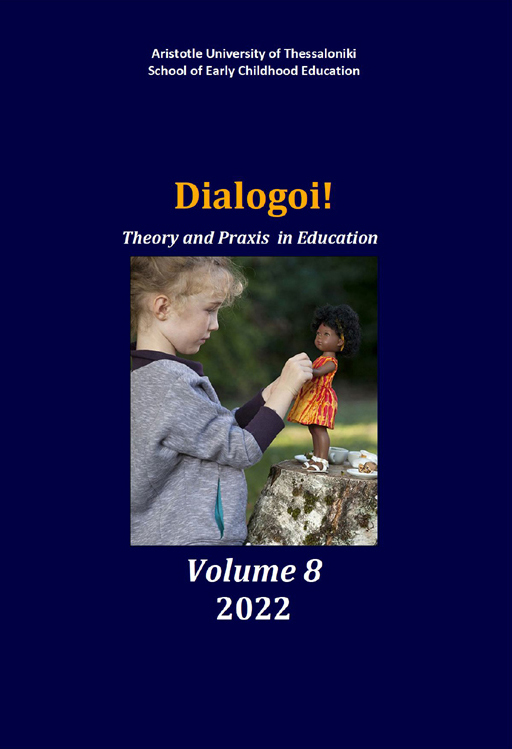Lifelong learning, drug use and school dropout: Analysis of drug-addiction treatment members' biographies

Abstract
The aim of the current study is to understand the pathways to drug use and early school dropout in relation to adverse childhood experiences. The study focuses in exploring the meaning that participants themselves give to their experiences through the analysis of their biographies. The current study focuses on the analysis of the biographies that therapeutic community members in a Greek drug-free treatment organization, KETHEA, write upon their entrance in the treatment setting. The study wishes to understand how participants perceive their childhood experiences and especially adverse childhood experiences, in relation to their initiation to drug use and school dropout. Biographies were written by members themselves in a private and quite space and researchers requested access through KETHEA paying particular attention to the issues of confidentiality and ethics. Through the analysis, it was revealed that school dropout and initiation to drug use coincide and are both related with several adverse childhood experiences. These include, neglect and abuse, even sexual abuse by a family member, dysfunctional familial relationships, and several learning and behavioural problems at school. Biographies are analysed per developmental age, that include pre-school years, childhood, early adolescence, middle adolescence, and late adolescence. The study concludes that by middle and late adolescence many behavioural patterns linked to adverse early childhood experiences already develop. The analysis reveals that already in preschool years children experience loneliness, because of neglect and the loss of a loved one. In school years, abuse is often perceived as ‘normal’ given that children do not have positive life experiences of what is like to grow in a caring environment and problems in relation to school attendance and acceptance already surface. In early adolescence, the realization comes that family and life conditions are adverse and many feel rejected from the school environment. In middle adolescence drug and alcohol use are already initiated and school dropout seems a plausible option. In late adolescence drug use is present and other phenomena such as early engagement with sexual behaviour and victimization of others make their appearance. Therefore, the study suggests the significance of the development of early prevention and intervention programmes much earlier than high school.
Article Details
- How to Cite
-
Papadopoulou, E., & Tsiboukli, A. (2022). Lifelong learning, drug use and school dropout: Analysis of drug-addiction treatment members’ biographies. Dialogoi! Theory and Praxis in Education, 8, 211–226. https://doi.org/10.12681/dial.28935 (Original work published October 4, 2022)
- Issue
- Vol. 8 (2022)
- Section
- Scientific columns

This work is licensed under a Creative Commons Attribution-NonCommercial-ShareAlike 4.0 International License.
Authors who publish with this journal agree to the following terms:
- Authors retain copyright and grant the journal right of first publication with the work simultaneously licensed under a Creative Commons Attribution Non-Commercial License that allows others to share the work with an acknowledgement of the work's authorship and initial publication in this journal.
- Authors are able to enter into separate, additional contractual arrangements for the non-exclusive distribution of the journal's published version of the work (e.g. post it to an institutional repository or publish it in a book), with an acknowledgement of its initial publication in this journal.
- Authors are permitted and encouraged to post their work online (preferably in institutional repositories or on their website) prior to and during the submission process, as it can lead to productive exchanges, as well as earlier and greater citation of published work (See The Effect of Open Access).


